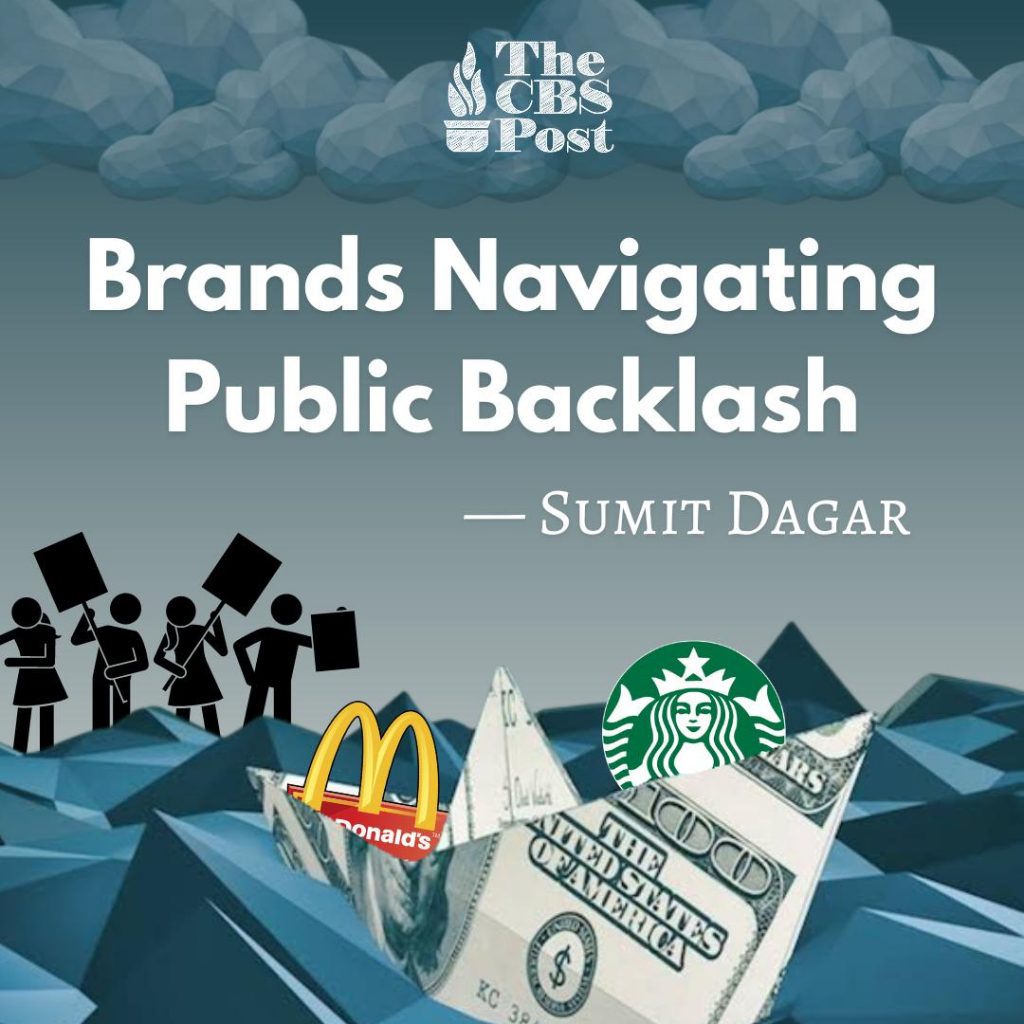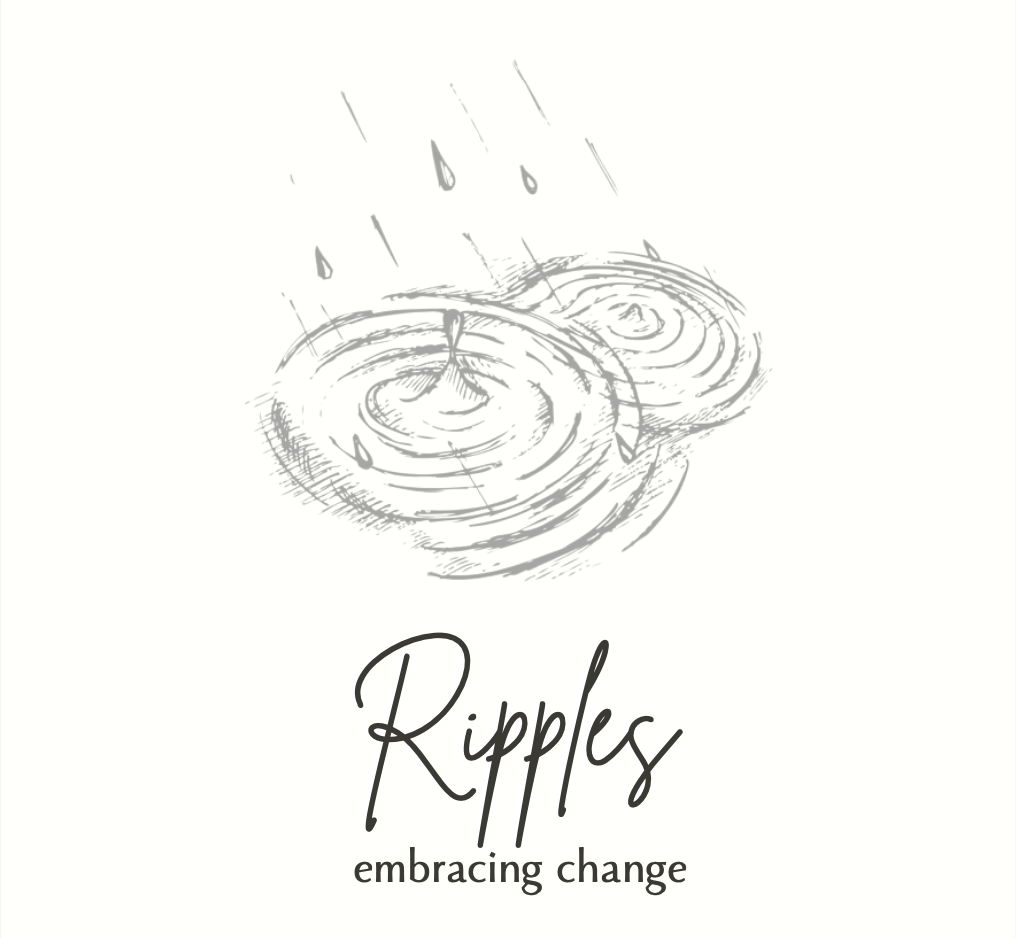“A well in front and ditch behind” : How brands navigate politics
By Sumit Dagar, BFIA’26
Today, we’re living in one of the most politically focused and politically polarized times in history. From Russia-Ukraine to Israel-Hamas, this era of heightened political tensions and activism has become even more crucial for brands in reflecting their political opinions. For years, companies have supported causes that are directly related to politics or have political connotations. But in today’s highly polarised era, it is becoming increasingly difficult for brands to make any political statement without attracting any type of political outbreak, which at times can be disastrous, as any misinterpretation of the brand’s views can follow a public backlash, adversely affecting the brand’s reputation and subsequently, its revenue. Therefore, navigating a public backlash strategically during political conflicts has become even more significant in today’s world.
Brands taking sides on the political front can have various consequences, the majority of which may not be favourable for brands including purchase discernment, boycott movements, supply chain and circulation irregularities etc. For instance, taking the example of the Israel-Gaza conflict which has divided the world into different political fronts, the business world too stands amidst the crossfire. According to Yale University’s list of public statements, more than 150 companies have condemned Hamas’ attack on Israel including Amazon and Google’s Chief Executives expressing concerns for Israeli civilians. Particularly, American companies having close ties with Israel were under pressure to address the issue. Also, heated discussions on the issue forced many employers to disable comment functions on many platforms to avoid intense discussions. Companies have experienced drastic changes in their market dynamics and customer perceptions. Renowned Brands like Google, Starbucks, Zara, McDonald’s, M&S etc faced scrutiny over their responses.
Talking particularly about most hard-hit brands, McDonald’s faced the Boycott, Disinvestment, Sanctions (BDS) movement for its statement of giving away thousands of free meals to Israeli military members, which was perceived as support of Israel. This initiated boycott movements in Anti-Israel countries such as Malaysia, Kuwait, and other middle eastern countries. Sensing a meaningful hit to business, McDonald’s CEO Kempczinski conceded the issue on a LinkedIn post attributing it to misinformation. McDonald’s Malaysia, filed a $1.3 Million lawsuit against BDS group for “false and defamatory statements.” Mr. Kempczinski reaffirmed the brands’ commitment to oppose violence and hate speech on Linkedin.
Similarly, Starbucks is also among the high-profile firms caught up in the Israel-Gaza conflict. A message expressing “solidarity” with Palestine, shared by a Union organizing US baristas is said to be the reason for public backlash. The controversy along with the US Union fight sparked boycott calls from both pro and anti-Palestine groups. Some on social media attributed these boycott movements to the decreased share price and 7% fall in the company’s revenue. Starbucks strategically approached the situation in subsequent steps. Disagreeing with the Union’s statement, Starbucks sued the Union for trademark infringement and published a letter addressing violence, hate and weaponised speech and calling for peace. CEO, Laxman Narasimhan and Executive Vice President, Sara Kelly also disagreed with the Worker’s Union.
Dior, a luxury fashion brand also faced social media backlash following the reports that it has replaced Palestinian-American Model Bella Hadid with May Tager in its recent ad campaign. Coca Cola and Nestle products were reported to be dumped by Turkey’s Parliament for their alleged support to Israel.
It is clear from these instances that every single action of brands is observed by customers in conditions of political uncertainty. But how can brands navigate effectively in this changing landscape of brand activism? What are the best practices to handle such situations?
Learning from the cases of the brands that suffered in the Israel-Gaza conflict, brands can follow a few methodologies. Firstly, brands need to closely monitor all the geopolitical changes around the world that could potentially impact the brand’s operations and reputation and keep an eye on all the branding, marketing and operating strategies to steer clear of bad publicity. Companies need to be very vigilant before diving into highly charged socio-political issues and demonstrate their ethical awareness very strategically.
But if in any case, if a company gets into trouble owing to misinformation, then it is important to address the issue immediately, clearly communicating the brand’s stance on sensitive issues similar to what McDonald’s and Starbucks officials did. It is also important to have legal strategies in place to handle potential legal disputes like how McDonald’s Malaysia and Starbucks acted upon the BDS group and US Union. Brands must also ensure to not compromise the implicit corporate values of peace, humanity and respect for human rights in difficult times. Respecting regional political and cultural sensitivities and empowering local franchises to address regional issues (like McDonald’s India does not serve beef or pork in deference to beliefs of India’s predominant Hindu populations), maintaining employee support and carefully monitoring social media platforms to manage public perception are a few essential actions that can help brands to avert greater damage. By adopting these strategies, a brand can shield its reputation, build trust and support constructive changes in the face of challenges.




Comments